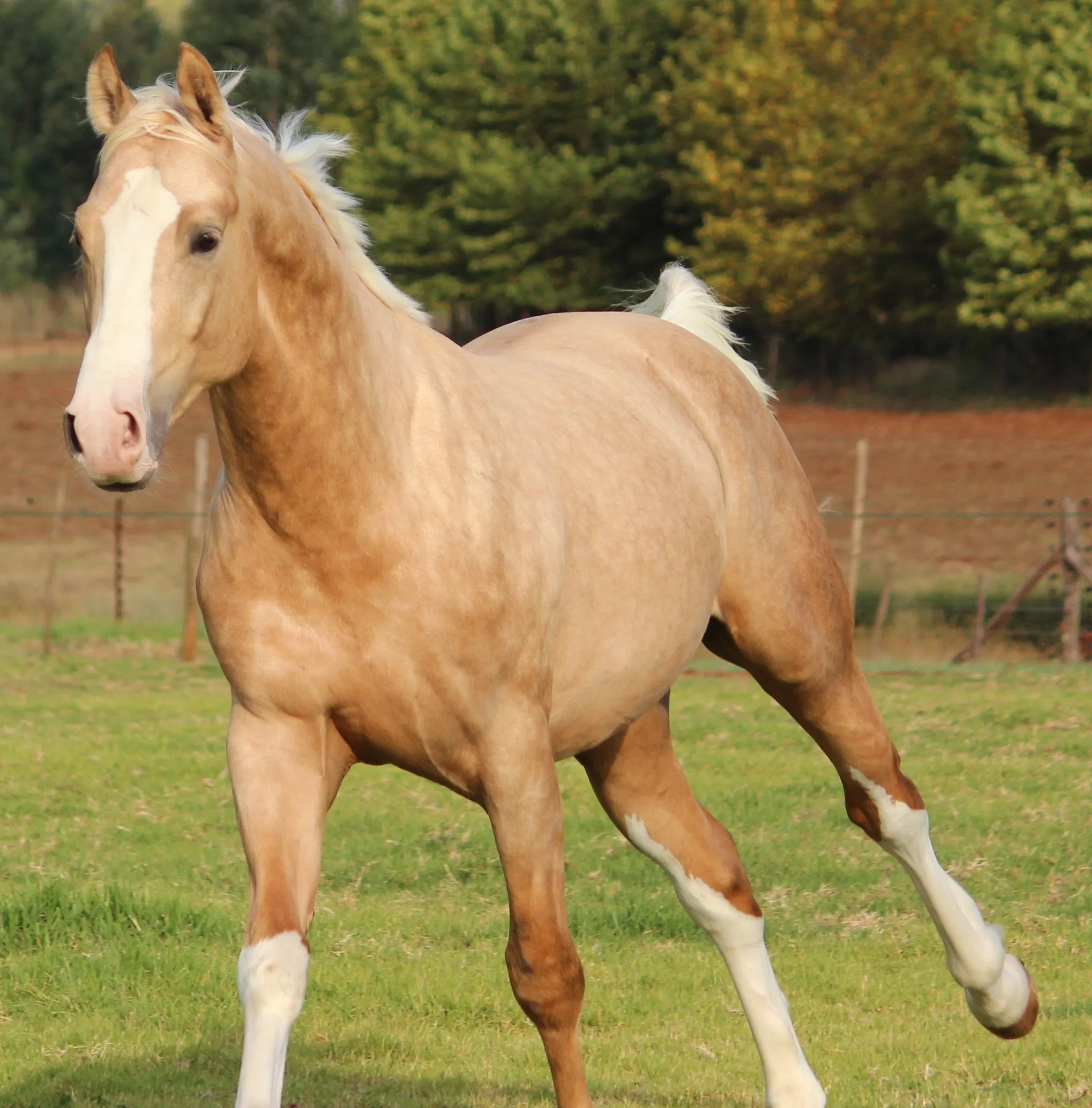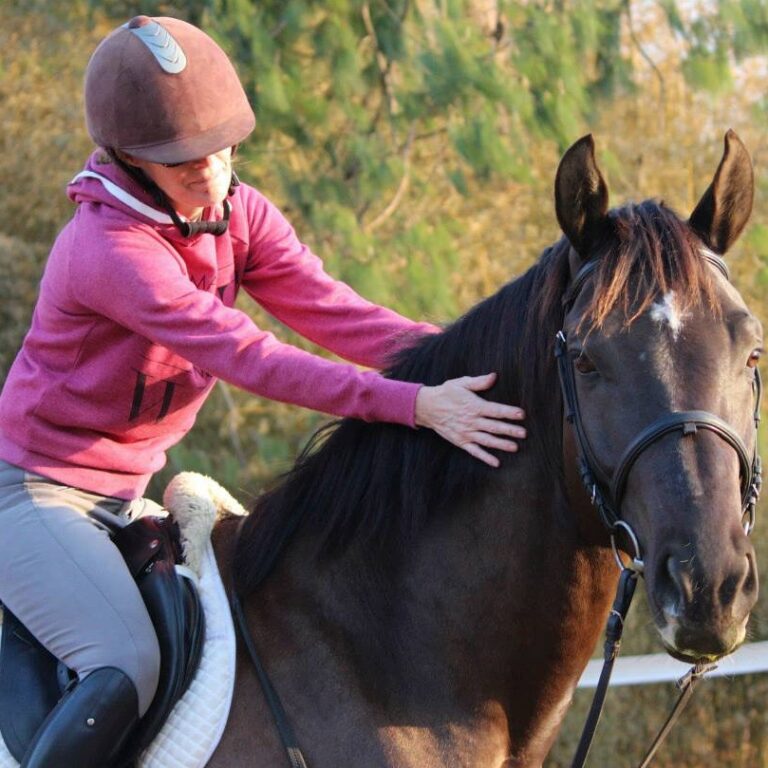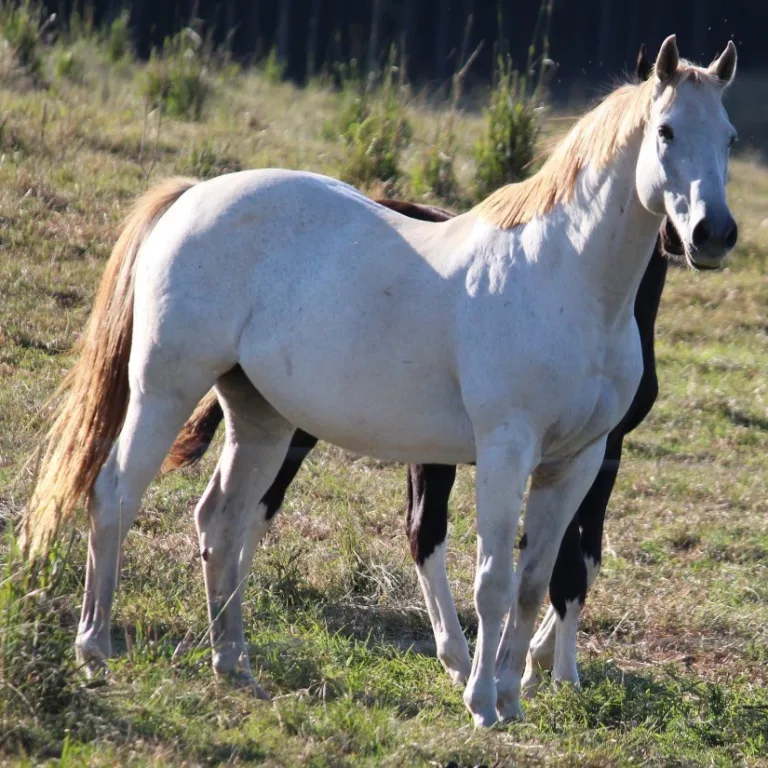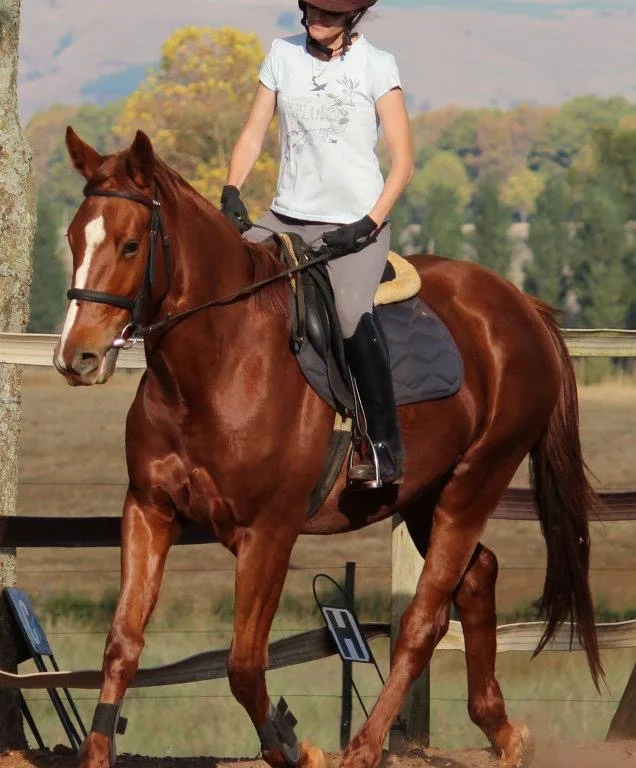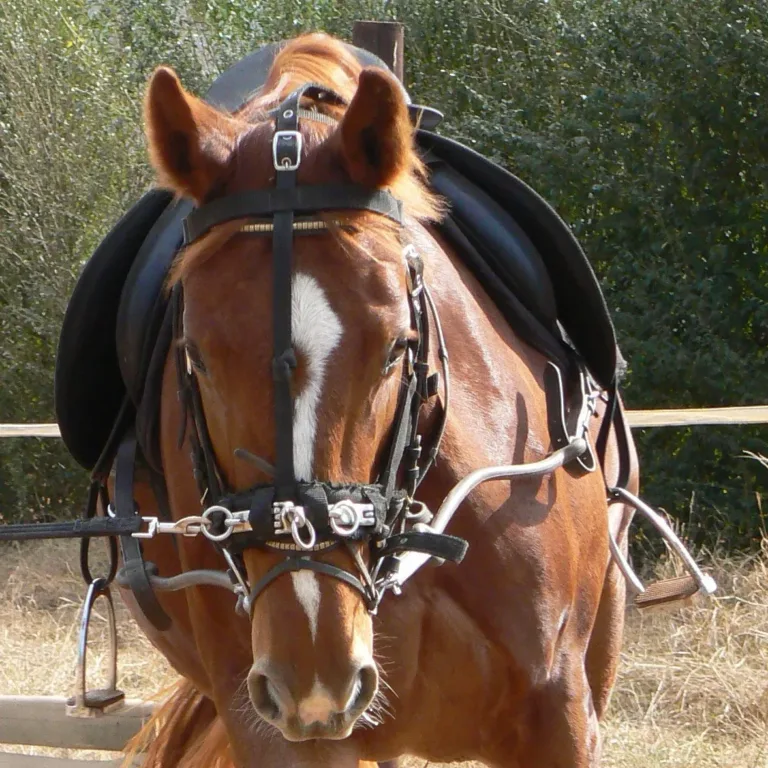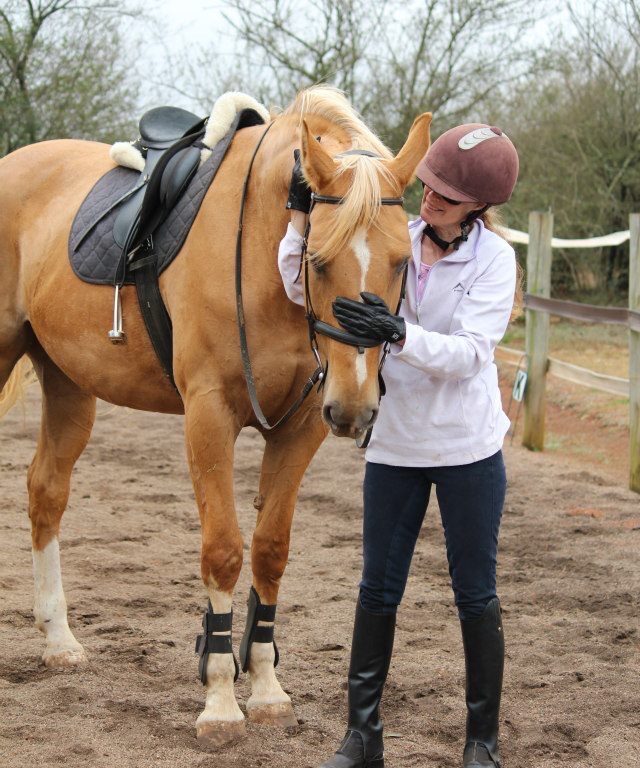Do Horses Know Their Name: How Horses Learn and Respond
Every horse enthusiast has many stories that resonate with the unique connection they share with these incredible animals. My first horse was a funny-looking little chestnut rescue pony named Goldflake, whom I affectionately nicknamed Boey Boey. She lived in a huge paddock, nestled down a hill, hidden from immediate view at the riding stables she was stabled at that I went to every day after school.
I vividly recall standing by the old, ramshackle fence, my young voice calling out in high-pitched tones, “Boey Boey, Boey Boey!” There was something magical in those moments – even though being with her companions, Boey Boey would recognize my call and come galloping up the hill. Her response was a testament to our bond. The sight of her galloping towards me, coming to a fast stop right in front of where I stood, ready for me to slip on her halter to bring into her stable to tack up, was a joy that made my young girl’s heart sing.
This heartwarming experience leads us to ponder a fascinating aspect of equine behavior: do horses truly recognize their names? Is it the name itself, or is it the familiarity of the voice calling it? In this article, we delve into the intricate world of equine cognition, exploring whether our equine companions know us by the names we give them. Through scientific insights, personal anecdotes, and expert opinions, we aim to uncover the depth of understanding and recognition in horses. Join me on this journey of discovery, as we explore the remarkable cognitive abilities of these graceful creatures and the profound connections we share with them.
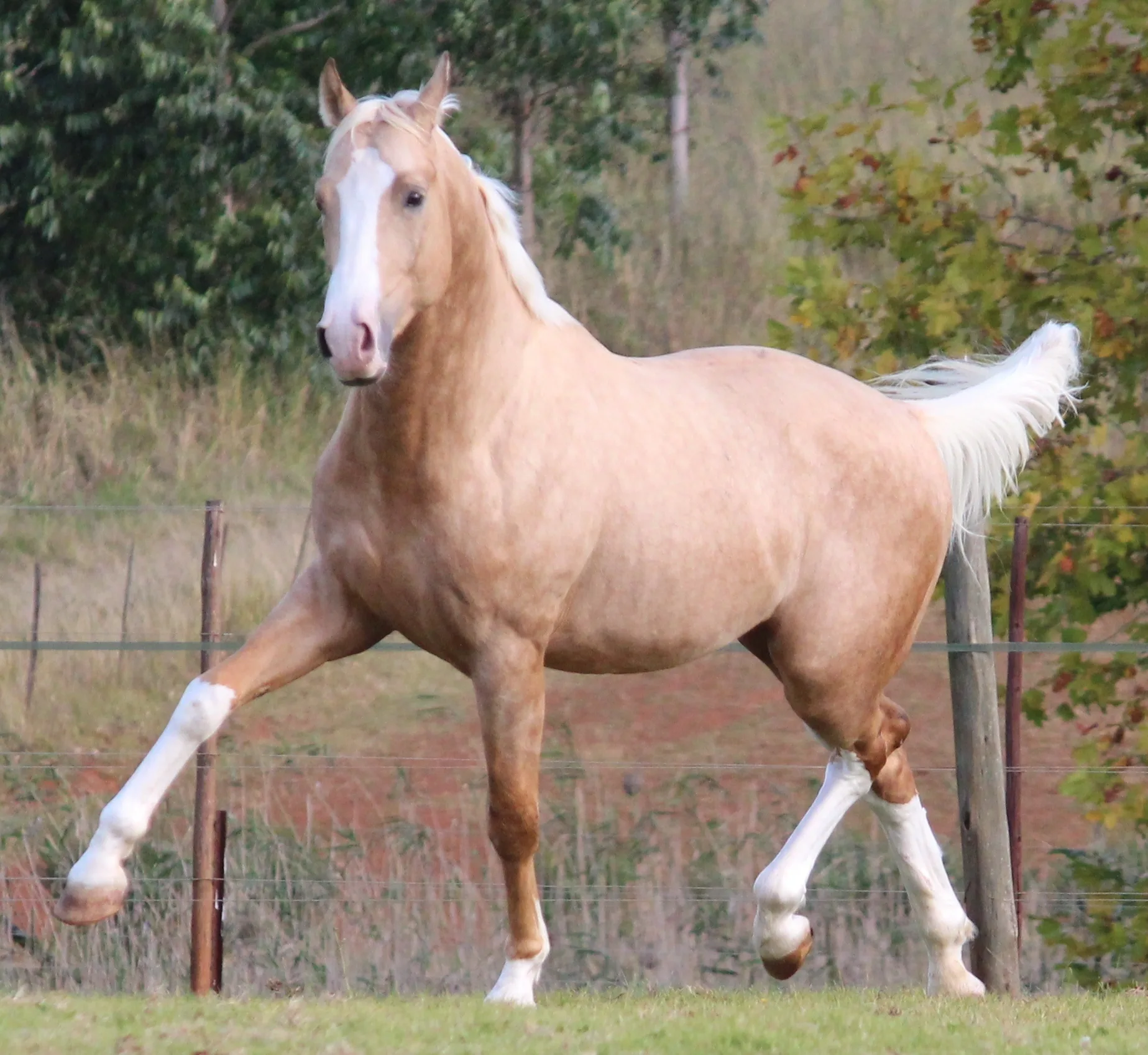
Understanding Equine Cognition
General Cognitive Abilities of Horses
Horses, with their keen intelligence, have always captivated us. These majestic creatures display remarkable cognitive abilities that are often underestimated. Their memory, for instance, is notably impressive. Horses not only remember individuals—both equine and human—but also places, experiences, and training lessons. This long-term memory aids them in navigation and in recognizing safe versus threatening environments.
Learning is another area where horses excel. They are quick to learn through both classical and operant conditioning. This is evident in training scenarios, where horses quickly associate specific cues or commands with actions. Their ability to learn and adapt is not just limited to human interaction. In the wild, horses learn survival skills from their herd, demonstrating an incredible capacity for social learning.
Speaking of social intelligence, horses are profoundly social animals. They thrive in herds, which is a testament to their need for companionship and social interaction. This social structure is not merely about companionship; it also involves complex social communications. Horses communicate with each other through body language, vocalizations, and even scents. This rich tapestry of communication indicates a high level of social intelligence.
Comparison with Other Domestic Animals
When compared to other domestic animals, horses stand out for their unique cognitive traits. Dogs, known for their loyalty and trainability, are often considered the gold standard of animal intelligence in domestic settings. However, horses, though less overtly expressive than dogs, possess a subtler form of intelligence. Unlike dogs, horses are prey animals, and this shapes their cognitive abilities differently. Their heightened awareness and sensitivity to their environment is a direct result of their evolutionary background.
Cats, on the other end of the spectrum, are more independent, and their intelligence is often demonstrated through their problem-solving abilities. Horses, while also capable of problem-solving, tend to display their intelligence through social interactions and their response to training and human communication.
Contribution to Name Recognition
This amalgam of memory, learning ability, and social intelligence plays a crucial role in how horses may recognize and respond to their names. The ability to remember and associate a specific sound (the name) with a particular person or action (like feeding or grooming) is rooted in their learning capabilities. Furthermore, their social intelligence suggests that they are attuned to the individuals in their environment, be it other horses or humans. Thus, when a horse consistently responds to its name, it’s likely recognizing the association of that sound with certain experiences or the presence of a familiar person.
In the following sections, we’ll delve deeper into these aspects, exploring how these cognitive abilities manifest in real-world scenarios and what scientific studies have to say about horses’ ability to recognize their names.
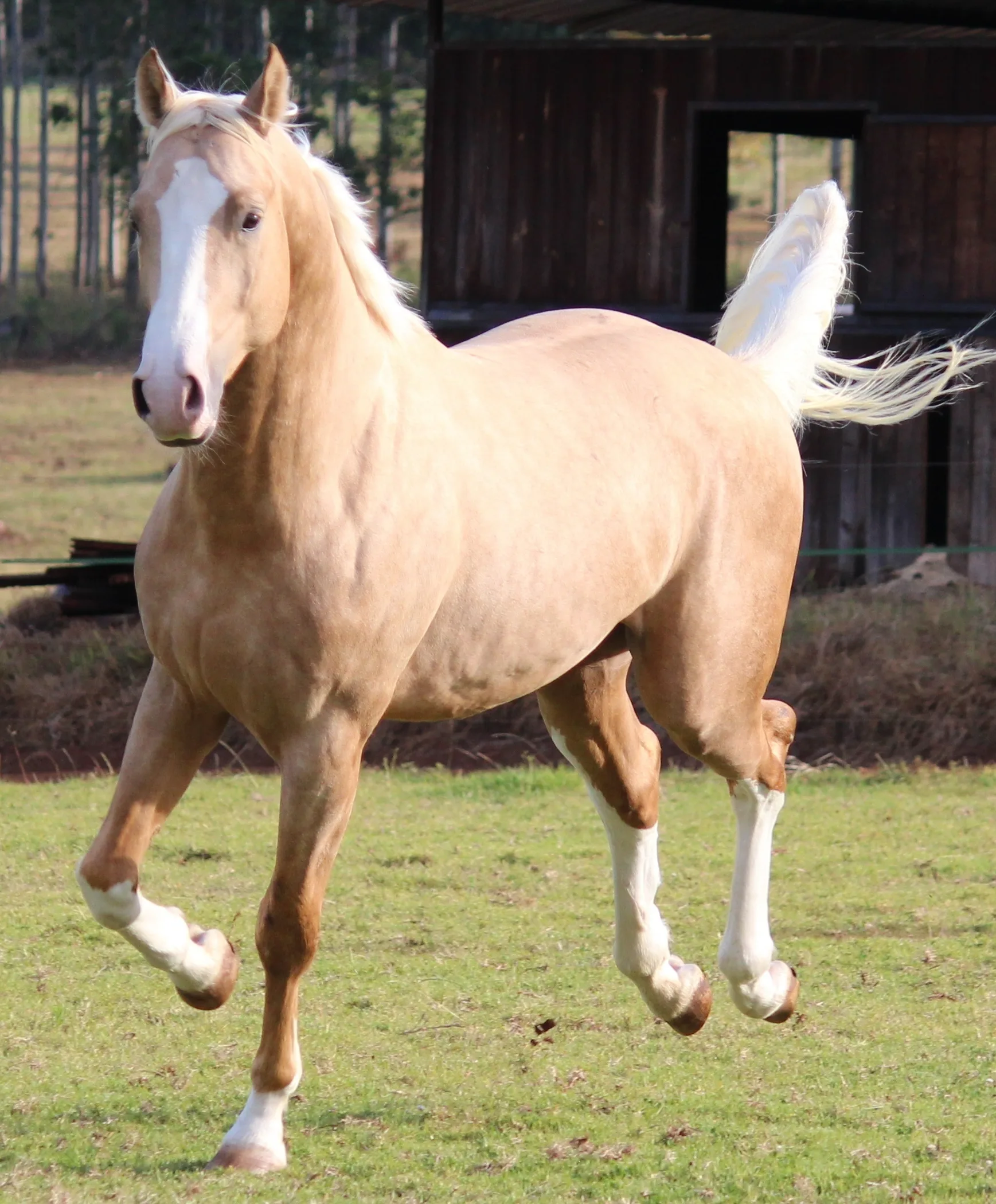
The Horse-Human Connection
The bond between a horse and its human is one of the most profound and heartwarming aspects of equine care and companionship. This connection goes beyond mere ownership or training; it’s a deep, mutual understanding and trust that develops over time.
Significance of Communication in the Horse-Human Bond
Communication is the cornerstone of this unique relationship. Unlike human-to-human interactions, where language dominates, communication with horses is more nuanced, often relying on body language, tone of voice, and even our emotions. Horses are incredibly perceptive animals and can pick up on subtle cues that we might not even be aware of. They respond not just to what we say, but how we say it and the emotions we project while interacting with them.
This level of sensitivity means that when we communicate with our horses, whether it’s through voice commands, body movements, or even our demeanor, we are constantly reinforcing the bond. The way we speak to them, the gentleness (or firmness) in our voice, and our consistency in cues all contribute to the strength and quality of this bond.
Enhancing Responsiveness Through Regular Interaction and Training
Regular interaction and training are crucial in enhancing a horse’s responsiveness, particularly to their name. Consistency is key here. Just as with humans, horses learn through repetition. When you consistently call your horse by its name in various situations – whether it’s time for feeding, grooming, or training – the horse begins to associate that specific sound with attention, care, or activity. This association, reinforced over time, leads to increased responsiveness.
Training sessions are prime opportunities for strengthening name recognition. Incorporating their name in various exercises, coupled with positive reinforcement, helps in solidifying this recognition. Remember, positive reinforcement can be anything from a gentle pat, kind words, or a treat. It’s about creating a positive association with their name.
Perception of Human Voices and Vocal Commands
Horses perceive human voices uniquely. Their ability to differentiate between tones and inflections plays a significant role in how they interpret vocal commands. A horse can discern between a calm, reassuring voice and a tense, anxious one. This sensitivity to vocal nuances means that when we call their name, they are not just hearing the sound, but also picking up on the emotion and intention behind it.
This aspect of voice perception is particularly fascinating when we consider training and daily interactions. A horse might respond differently to the same command given in different tones. It’s a reminder of the importance of our approach and demeanor in building a successful and responsive relationship with our equine companions.
In the next section, we will delve into the scientific studies and research findings that shed light on this aspect of equine behavior, particularly focusing on horses’ responses to their names.
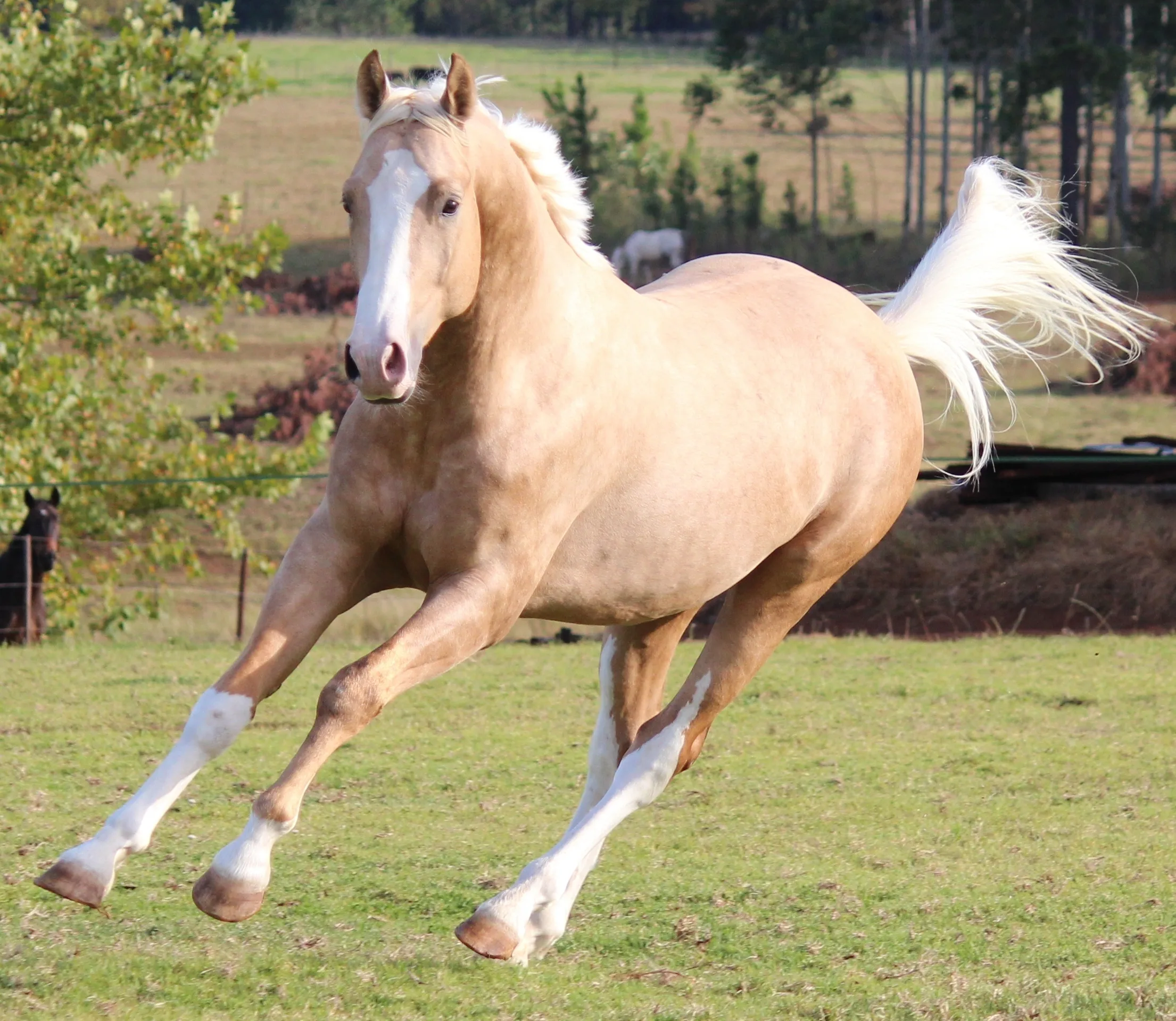
Scientific Evidence and Studies
The intrigue surrounding equine cognition and name recognition isn’t just a topic of conversation among horse enthusiasts; it has also been the subject of various scientific studies and research. These investigations aim to understand better the depth and nature of a horse’s ability to recognize and respond to its name.
Key Studies and Research Findings
One notable study conducted on equine auditory recognition involved presenting horses with recordings of their names being called, interspersed with names of other horses from the same stable. The researchers observed the horses’ reactions and found that many horses showed a significant response, such as pricking their ears, when their names were called, compared to when other names were played. This study suggests that horses can distinguish their names in a controlled environment.
Another study focused on the impact of human interaction on equine behavior and learning. It found that horses trained with consistent vocal commands and positive reinforcement showed a higher responsiveness to vocal cues, including their names. This finding supports the idea that the context in which a name is used, and the associated emotions and actions, play a significant role in how horses learn to respond to their names.
Experiments Shedding Light on Equine Name Recognition
Experiments in this field often involve a combination of auditory stimuli and observation of behavioral responses. For instance, some experiments use a two-step process where horses are first conditioned to respond to their names through repetitive training and then tested in various scenarios to see if they consistently respond to their name being called.
These experiments typically involve measuring response times, observing body language, and monitoring heart rates to gauge stress or excitement levels. Such methods provide insights into not only whether horses recognize their names but also how they emotionally and physically react to hearing them.
Limitations and the Need for Further Studies
Despite these intriguing findings, there are limitations to current research. One significant challenge is the subjective nature of interpreting equine responses. What one researcher may deem as a recognition response could be interpreted differently by another. Additionally, the small sample sizes and the variability in breeds, environments, and training methods can limit the generalizability of the findings.
There is also a need to understand better the long-term aspects of name recognition in horses. How does it evolve, and does it differ with changes in ownership or environment? Further studies focusing on these long-term aspects, along with more extensive and diverse sample sizes, would provide a more comprehensive understanding of equine cognition and name recognition.
In the next section, we’ll explore real-world observations and experiences from horse enthusiasts and professionals, which complement these scientific insights.
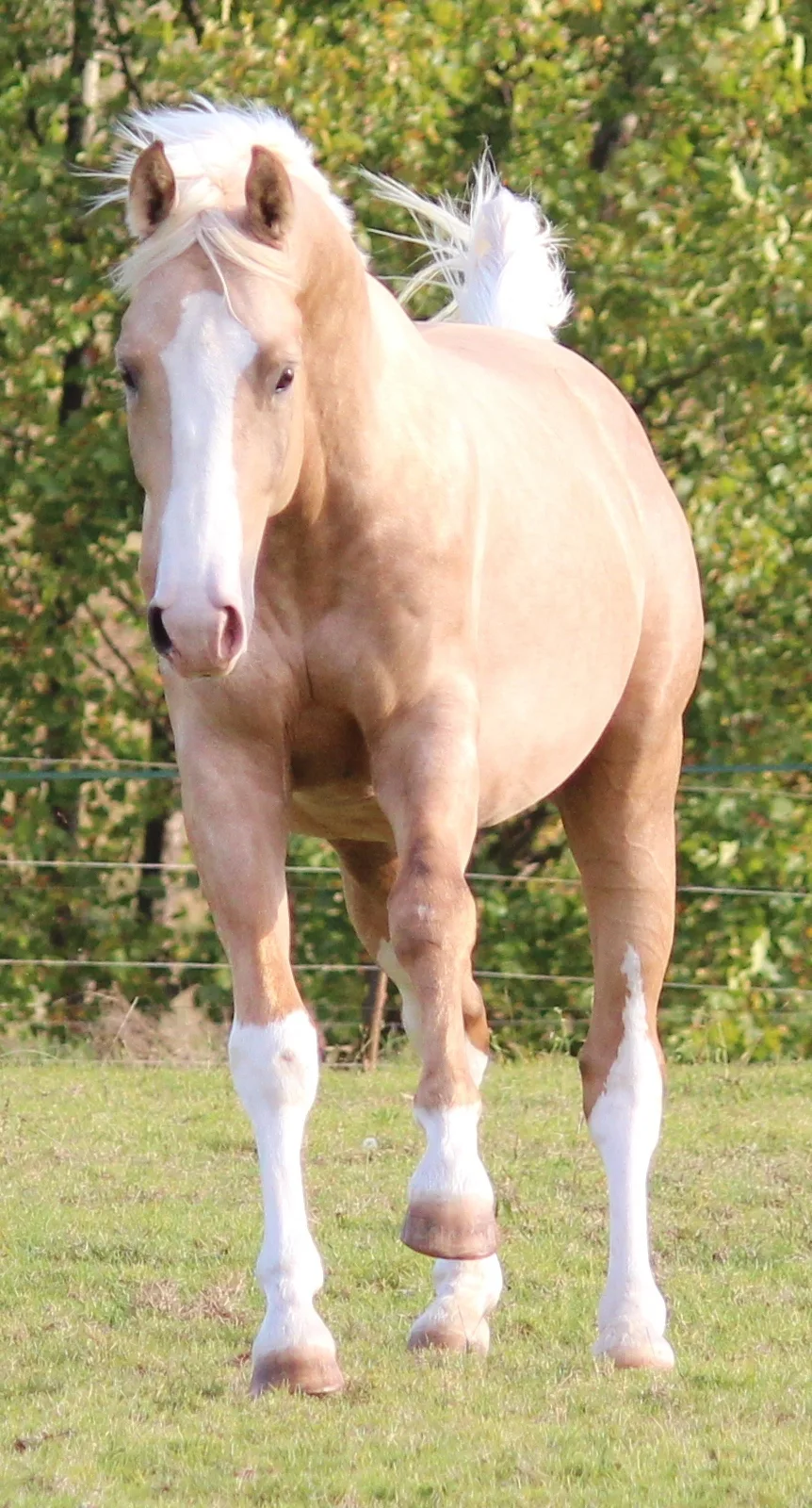
Real-World Observations and Experiences
While scientific studies provide us with valuable insights into equine behavior, the real-world experiences of horse enthusiasts and professionals offer a more tangible understanding of horses’ responsiveness to their names.
Personal Observations and Experiences
In my own journey with horses, I’ve observed a range of responses to name recognition. For instance, my first horse, a spirited chestnut pony named Boey Boey, would come galloping up the hill as soon as I called her name, a clear indication of recognition and response. On the other hand, I’ve worked with horses that seemed indifferent to their names but responded more to the tone and emotion in my voice.
These experiences suggest that, much like humans, horses have individual personalities and preferences. Some may form a strong association with their name and consistently respond to it, while others may be more attuned to the general sound or tone of the call.
Anecdotes from Other Horse Enthusiasts and Professionals
Conversations with fellow horse lovers and professionals have revealed a myriad of experiences. A dressage trainer I know often shares how one of her horses, a gelding named Apollo, always perks his ears and trots over when his name is called, even if he’s grazing far out in the field. In contrast, a friend who trail rides tells me her horse, a sturdy mare named Daisy, responds more to whistle cues than her name.
These anecdotes highlight the diversity in horses’ responses to their names. Some horses seem to recognize and react to their names as a distinct call, while others may perceive it as just another sound in their environment.
Varying Levels of Response to Names
The variance in response levels can be attributed to several factors. Training and upbringing play a significant role; a horse that has been consistently called by its name in various contexts is more likely to recognize and respond to it. The individual horse’s temperament and past experiences also influence their responsiveness. A more curious and social horse might be more inclined to respond to its name compared to a more independent or cautious one.
Furthermore, the situation in which the name is called can affect the response. A horse might react differently when called in a familiar environment versus an unfamiliar one, indicating that context is also a key factor.
These real-world observations and anecdotes, while anecdotal, provide valuable insights into the complex and varied nature of equine responsiveness to names. They complement the scientific studies, painting a fuller picture of this fascinating aspect of horse behavior.
In the next section, we will provide practical tips and methods for training horses to recognize and respond to their names, based on these insights and experiences.
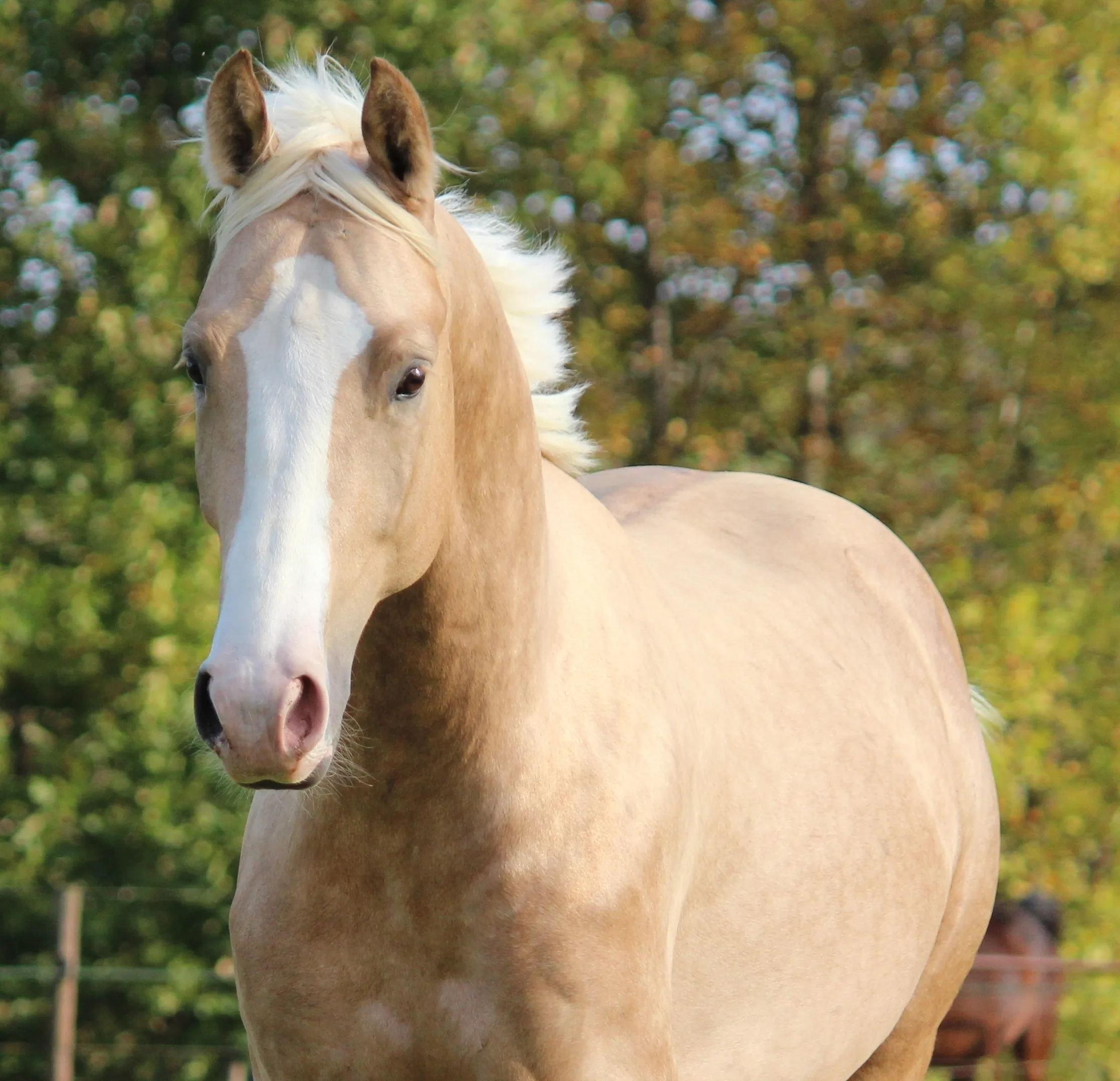
Training Horses to Recognize Their Names
Training a horse to recognize and respond to its name is a rewarding process that strengthens the bond between horse and handler. It requires patience, consistency, and an understanding of equine behavior. Here are some tips and methods to effectively teach your horse to recognize its name.
Tips and Methods for Teaching Name Recognition
- Start with Consistency: Use your horse’s name consistently in various situations – during feeding, grooming, training, and even casual interaction. This repetition helps the horse associate the name with attention and interaction.
- Use a Clear and Distinct Tone: When calling your horse, use a clear and distinct tone that differs from your regular speaking voice. This helps the horse differentiate its name from other sounds and commands.
- Pair the Name with Positive Experiences: Always ensure that hearing their name is associated with positive experiences. Whether it’s a treat, a pat, or a soothing tone, these positive reinforcements make the horse look forward to responding to its name.
- Incorporate Name Calling in Training Sessions: During training sessions, frequently call your horse by its name and follow it with a command or action. This helps in reinforcing name recognition as part of their training routine.
- Practice in Different Environments: To strengthen name recognition, practice calling your horse in different environments and situations. This versatility helps the horse understand that its name is significant regardless of the setting.
Importance of Consistency, Tone of Voice, and Positive Reinforcement
Consistency is key in any form of animal training. Regular use of the horse’s name in a consistent manner helps to establish a clear pattern of recognition. The tone of voice is equally important – a calm, friendly, and distinct tone is more likely to elicit a positive response. Positive reinforcement, such as treats, affection, or verbal praise, is crucial. It encourages the horse to associate its name with something enjoyable, reinforcing their willingness to respond.
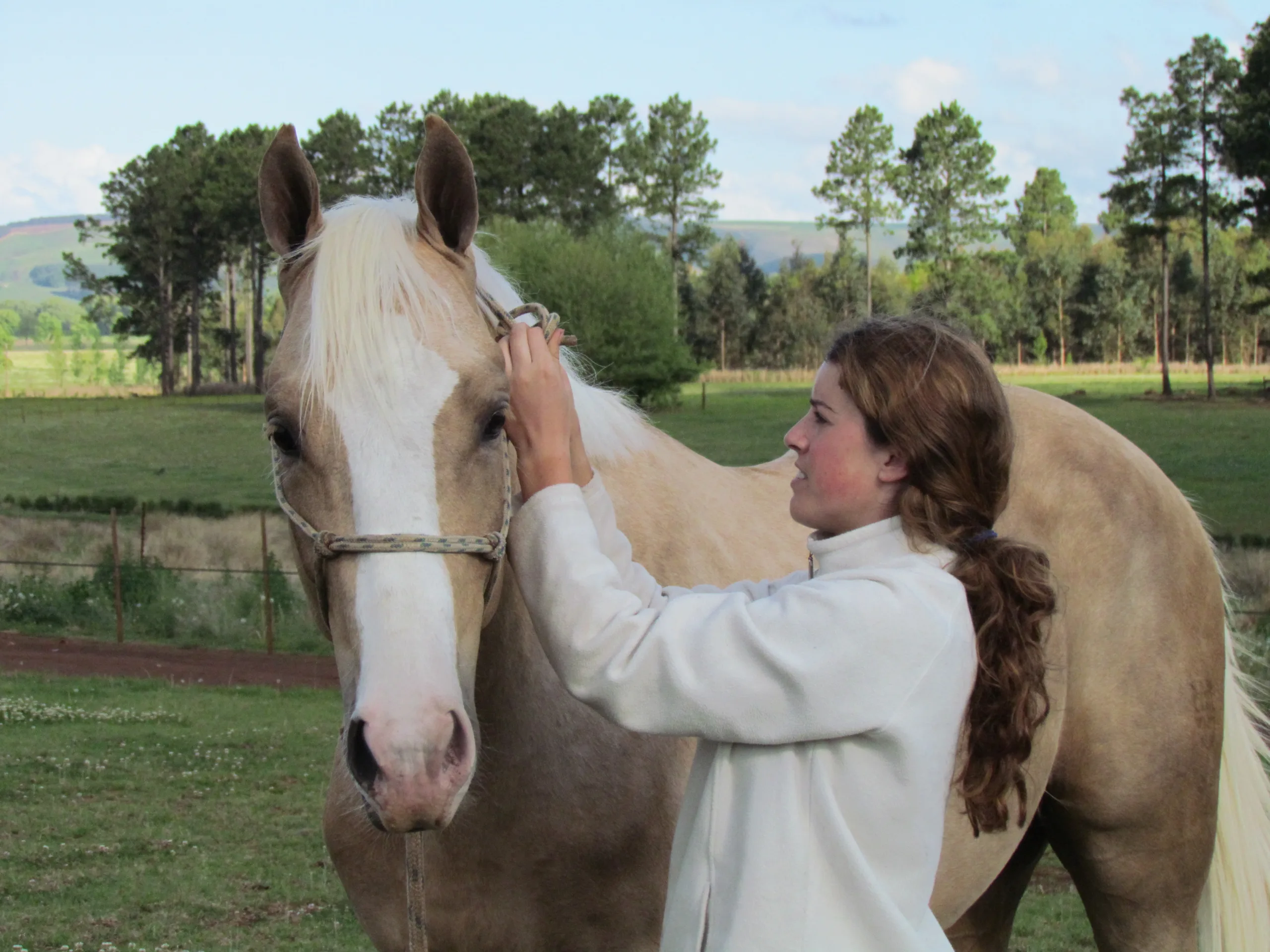
Potential Challenges and Overcoming Them
One challenge in this training process is a horse’s previous experiences or training. A horse with negative associations with human interaction may take longer to respond positively to its name. Patience and gradual, positive experiences can help overcome this hurdle.
Another challenge could be distractions in the environment, especially in busy stables or during outdoor training. Starting training sessions in a quiet and controlled environment can help the horse focus and learn more effectively.
Lastly, every horse is an individual with its own personality and learning pace. Some may pick up name recognition quickly, while others may need more time and repetition. Adapting your training approach to suit your horse’s unique temperament and learning style is crucial.
In conclusion, teaching a horse to recognize and respond to its name is a process that enhances communication and strengthens your bond. It requires a blend of patience, consistency, and positive reinforcement, tailored to the individual needs and personality of your horse.
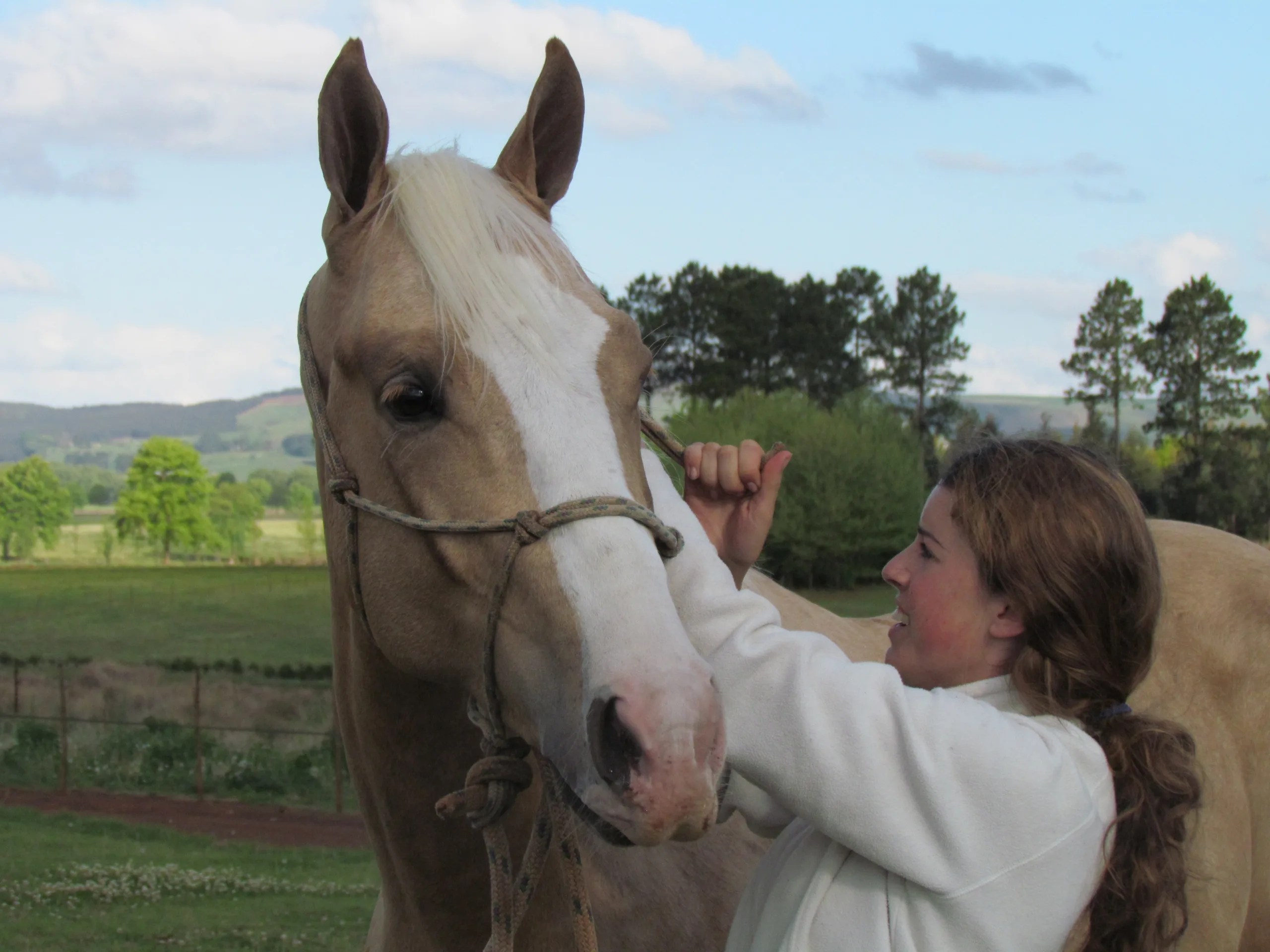
Conclusion
In exploring the captivating question of whether horses recognize their names, we’ve journeyed through the realms of equine cognition, the unique horse-human bond, scientific evidence, real-world experiences, and practical training insights.
We’ve seen that horses possess impressive cognitive abilities, including memory, learning, and social intelligence. These abilities, when compared to other domestic animals, highlight the distinct nature of equine intelligence. Our exploration into scientific studies and real-world observations has revealed that many horses do show a response to their names, a testament to their cognitive capabilities and the depth of the horse-human connection.
The anecdotes and experiences shared by horse enthusiasts and professionals illustrate the diverse ways in which different horses may respond to their names. These stories not only enrich our understanding but also celebrate the individuality of each horse. In training horses to recognize their names, we’ve underscored the importance of consistency, tone of voice, and positive reinforcement, while also acknowledging the challenges and the need for patience and adaptation to each horse’s learning style.
As we reflect on this exploration, it becomes clear that the world of horse cognition is as fascinating as it is complex. The bond we share with our equine companions is not just based on training and care but is also deeply rooted in mutual understanding and respect. Horses, with their unique personalities and abilities, continue to intrigue and surprise us.
I encourage all horse lovers to spend time observing and interacting with their horses. Engage with them, not just in training sessions but in everyday moments. Listen to their responses, watch their body language, and most importantly, enjoy the time spent with these magnificent creatures. Each interaction is an opportunity to deepen our understanding of their unique personalities and capabilities.
As we continue to learn more about these majestic animals, let’s appreciate every moment we share with them and the incredible journey of companionship and discovery they offer us.
Additional Resources
For those keen on delving deeper into the world of equine cognition and training, the following books, articles, and websites offer a wealth of information:
Books:
- “Thinking with Horses” by Henry Blake: A classic in the field, this book provides profound insights into understanding horse behavior and thought processes.
- “The Horse’s Mind” by Lucy Rees: Explore the psychology of horses in this insightful read that delves into their behavior, emotions, and learning processes.
- “Equine Behavior: A Guide for Veterinarians and Equine Scientists” by Paul McGreevy: Ideal for those looking for a more scientific approach, this book covers a wide range of topics on equine behavior and cognition.
Articles and Online Resources:
- The Horse Magazine – Behavior Section: The Horse – Behavior – An excellent resource for articles on horse behavior and training.
- “Do Horses Recognize Their Owners?” on Horse & Hound: Horse & Hound Article – A fascinating article discussing the bond between horses and their owners.
- International Society for Equitation Science (ISES) Resources: ISES Website – A hub for scientific research, resources, and conferences on equine behavior and welfare.
Relevant Research Studies and Expert Interviews:
- “Horses (Equus caballus) Discriminate Body Odor Cues in Human Sweat” – Animal Cognition Journal: This study explores the ability of horses to discriminate between different human body odors, highlighting their sensitive perception.
- “Domestic Horses Communicate with Humans Through Eye Contact and Breathing” – Journal of Equine Science: An insightful study on non-verbal communication between horses and humans.
- Interview with Dr. Sue McDonnell on Equine Behavior: Expert Interview – Dr. McDonnell, a renowned equine behaviorist, shares her insights into horse behavior and cognition.
These resources provide a broad spectrum of information, from practical training tips to in-depth scientific research, allowing you to explore the fascinating world of horses further. Whether you’re a seasoned horse enthusiast or new to the equine world, these resources will deepen your understanding and enhance your experience with these incredible animals.

